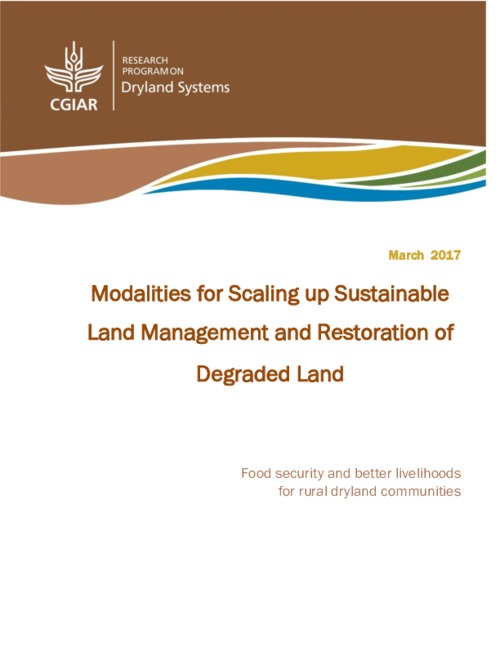Estrategia Nacional de Manejo de Cuencas Hidrográficas 2017.
La Estrategia Nacional de Manejo de Cuencas Hidrográficas se enmarca en el Plan Estratégico Institucional (PEI) del MAG, denominado “Agricultura para el Buen Vivir” (una de cuyas prioridades sentar las bases para la adaptación del sector agropecuario al cambio climático) y en los lineamientos plasmados en el Plan Quinquenal de Desarrollo 2014-2019, que establece en su Objetivo 7 la ejecución de acciones que permitan al país transitar hacia una economía y sociedad ambientalmente sustentable y resilientes a los efectos del cambio climático.




